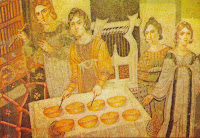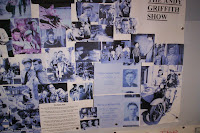
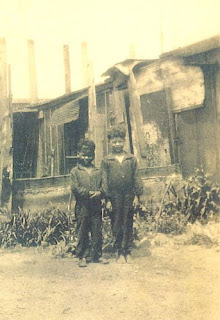




Third, revisit the memoir writing brainstorming you have compiled thus far:
Create a new Word file. From the items listed above, cull a list of the ten best possible topics for writing your own personal memoir.
Fourth, when you're done with the first three items, visit with Ms. Fortuna. You and she will review the digital portfolio you've created thus far and identify together one memoir-worthy topic on which to write.
Fifth, draft out a memoir. Use MLA format and no more than 350 words. This memoir is due after Columbus Day break. Happy remembering!

Teen Drug Abuse
Ellie
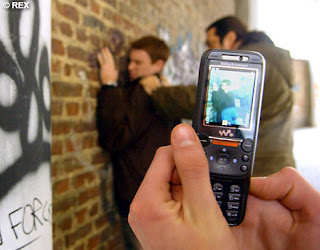
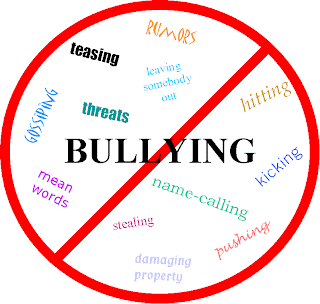
"The bullying stopped when I claimed myself and proved that I wasn't afraid." Randy Harrison
"Bullying wasn't okay in elementary school and it isn't okay now, especially when it comes in the form of a U.S. Supreme Court decision." John Doolittle
"No one can make you feel inferior without your consent." Eleanor Roosevelt
"People who fight fire with fire usually end up with ashes." Abigail Van Buren
"Eagerness to please attracts bullies and bores." Mason Cooley
"Courage is fire, and bullying is smoke." Benjamin Disraeli
"Everyone who wants to do good to the human race always ends in universal bullying." Alduous Huxley
"True courage is cool and calm. The bravest of men have the least of a soothing, bullying insolence, and in the very time of danger are found the most serene and free." Lord Shaflesbury
What do you think about these quotes? What do you think about people who torment others?

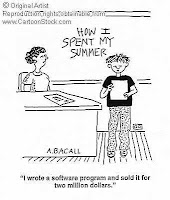
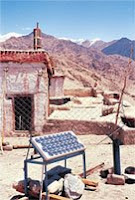
What do you think about the work of the Barefoot Photographers? What are the lives of these intelligent, resourceful, and motivated people like in comparison to yours? In what ways do the issues that interest you connect to the issues that interest the Barefoot Photographers? Add a comment!
